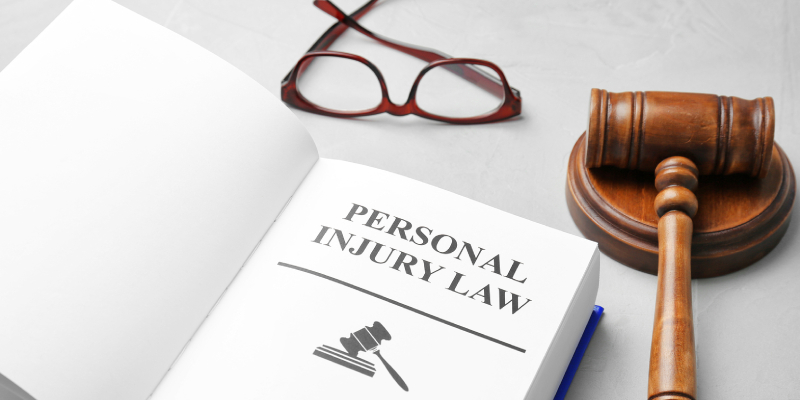The compensated damages in a personal injury claim are rather easier than proving the general damages though the general damages are determined based on the compensated damages. The compensated damages are visible and identified injuries and damages and compensated in terms of medical expenses, damages of properties, loss of income as well as charges of medical service providers and transportation expenses to the medical. On the other hand, the general damages comprise pain and suffering, loss of consortium, and mental anguish which is difficult to prove to a jury without the help of an experienced and efficient attorney such as Perry Bundy Plyler& Long LLP.
In order to prove the general damages or the pain and suffering of a personal injury victim, the attorney has to attentively listen to the client, his or her family and friends, physicians as well as the witnesses. In addition to this, the attorney has to do a lot of homework and prepare, shape and mould what the client, his or her friends and family, physicians and witnesses tell and what the attorney perceives. Eventually, the attorney develops a fascinating story of the case which will effectively attract the attention and empathy of the listeners as well as the jury.
In the above context, you need to assist and cooperate with your attorney in his or her strategies and struggles to prove your pain and suffering in the court. Therefore, you should essentially know about the approaches your attorney follows in the court. Your attorney will address the concomitant mental injury for each of your serious injuries and demand a lot of money for your recovery present and future recovery. Similarly, your attorney will not keep you longer especially if you are on wheelchair or catastrophically injured so that the jury does not get accustomed to your pain and suffering.

